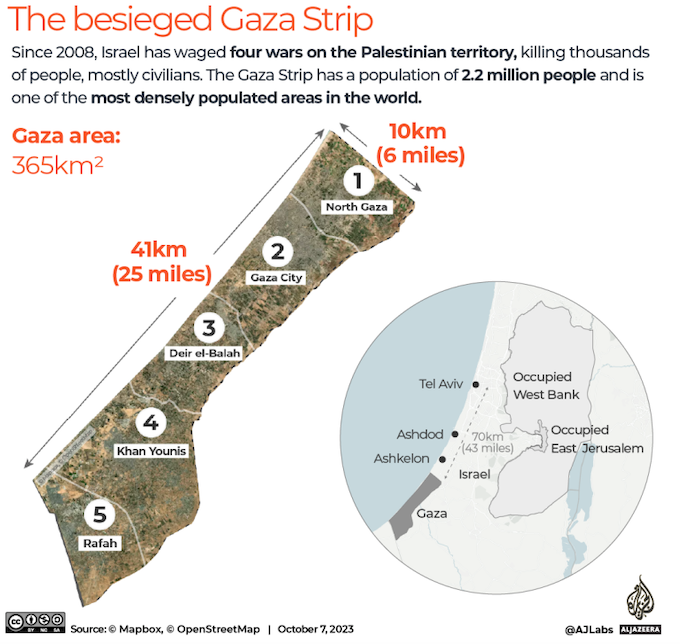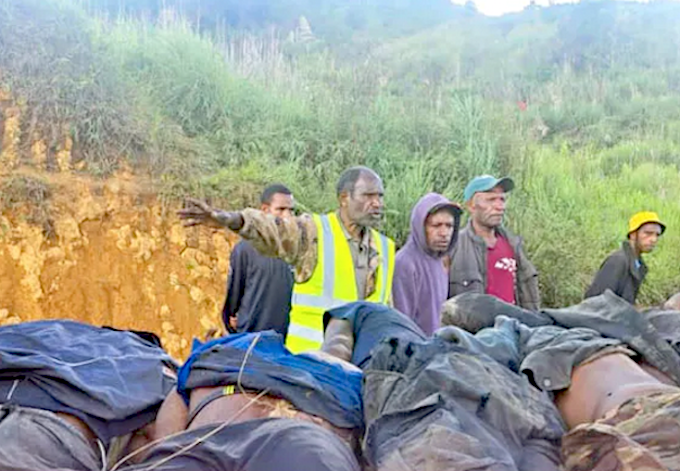In this blog post, international student Kayla Neville reflects on attending the inspiring event, Women Speak Out on COP28, hosted by the Women’s Climate Congress (WCC).
“At the end of the day, we don’t have a choice. This is our future, these are our lives and we’re going to fight till the end.” – Angelica Mantikas, youth advocate with the Australian delegation and coordinator of the Oceania Climate Stories project
As an international student who has just arrived in Australia from the US, I became immediately aware of differences in culture, geography, wildlife, society and more. With an open heart, I have made it my goal to immerse myself in learning deeper about the land that I am temporarily calling home.
Fortunately, as an early part of this learning experience, I had the opportunity to sit in on the recent Women’s Climate Conversation, ‘Women Speak Out on COP28,’ hosted by the Women’s Climate Congress (WCC). Although the event focused on the UN climate convention in Dubai at the end of 2023, many topics of the conversation highlighted issues specifically being faced in Australia and, while climate change is ultimately a global challenge, I was able to expand my knowledge of how climate change is affecting Australia.
In a broader sense, each conversationalist amplified the urgency of the climate crisis, the hopes to phase out fossil fuels and the need to adapt the systems we are currently using.
As Angelica Mantikas articulated, “the really slow pace of the UN does not reflect the urgency that we need, we need systems changed, [we need change in] the way we value things in our society, instead of continuing to value success based on the degradation of habitats and of displacing indigenous peoples from their lands … we measure that as success in terms of economic growth at the moment.”
These discussions also shared a common stress for inclusion of diverse women’s voices at all levels if more ambitious and better action is to be taken to combat the climate crisis.
Each day I spend in Australia, new things which are foreign to me appear before my eyes – in particular, the wonderful wildlife. It amazes me that I would never have had the opportunity to learn and explore the wildlife of Australia if I had not opened myself up to travelling across the globe to this country.

Red Kangaroos in the Flinders Ranges, South Australia. Image: Adobe Stock Photos.
The same could be said for those that open themselves up to the perspectives of others’ stories and listen to those around them intently. This introduces them to an experience they would not have known about otherwise. The key point is that we must intentionally give ourselves the opportunity to understand, experience and listen to things we may not otherwise be exposed to, instead of waiting for these opportunities to come to us.
What particularly stood out for me from this Climate Conversation were the impactful stories and the representation of the diverse voices that each conversationalist brought to the table.
Opening the conversation was Mamta Borgoyary, Executive Director of SHE Changes Climate (SCC), an international organisation working for women’s equal representation at all levels of climate change decision making. Touching on the responsibility of representing the voices and recommendations of 30+ women leaders, 300 partners and 1000 participants spanning across five continents at the November Solutions Summit hosted online by SCC she said, “We very strongly wanted to bring the voices and amplify the voices of these women leaders.” Mamta highlighted the need for nation-wide engagement and collaborative action to bring about change. She stressed how essential it is for people to ask the difficult questions regardless of how hard they are.
The conversation continued with Tishiko King, a campaigner of Our Islands Our Home project. She told of the challenges of sea-level rise, flooding, erosion and coral bleaching that threaten not only the homes of Torres Strait Islanders, but their culture as well. She highlighted the benefits that increasing funding for climate response adaptations, such as seawalls, could provide and went on to say:
“It’s my responsibility as a Torres Strait Islander to protect and defend my island home and use my education and work together with other incredible women to speak [the] truth about our home.”
Tishiko believes people need to stand shoulder to shoulder in solidarity to get messages heard and she emphasised the importance of conferences like COP in connecting people and communities with similar goals.
Continuing the emphasis on the importance of sharing stories and knowledge, Angelica Mantikas, board member and project lead for Australian Youth For International Climate Engagement Incorporated (AYFICE), shared with us her contributions to the recent COP. She spotlighted the Oceania Climate Stories project, which gathered stories from people across the region who were not able to attend COP28, or who may not have felt comfortable to engage with technical policy dialogue. Elaborating on the significance of these shared stories, she said, “People on the front lines, they’re not just victims but they have the solutions too.” Angelica mentioned the recent introduction of the Youth Climate Champion role into the COP process as an encouraging step towards youth power being represented at a higher level in decision making.
Tying together this conversation, Sarah Ransom, the General Manager of the Australian Water Partnership spoke on supporting the participation of Pacific and Indigenous women, specifically in water and climate conversations – and her organisation supported the attendance of three water sector representatives at the COP. Sarah explained the difficulties climate change causes for access to clean water and on an increase in preventable waterborne diseases. She also touched on the need for more ongoing conversations on these topics, “[It] is really important for us to make the connections and grow the group of people who are thinking and working in this space and help us to support each other in our work.”
As a young college student, I gravitated towards the perspective of Angelica Mantikas. Her stance on our circumstances being our realities and that we, as a society, have to be the ones to change. It is a shared responsibility which many students, older people, and environmentalists can take up equally and together. This taking up of joint responsibility with the specific involvement of young people is an important factor in propelling the movement towards a better future, and possibly even faster. It was inspiring to hear her story and her determination. It was motivating to listen to her effouts and success in being heard in a room that is typically heavily dominated by voices other than youth voices.
In summary, humanity is at a crossroad where we are able to change our future’s climate crisis outcome if we work in solidarity towards a common goal.
As Tishiko King said: “Across the globe, young people, communities, activists [and] storytellers continue to show up in the face of adversity.”
There are hopes that future UN Climate Change Conferences will listen even more intently to the wisdom of these diverse voices of women and of young people as they can hold the solutions that are needed to set society on the right track to address climate change.
- This conversation was hosted by WCC Founder, Janet Salisbury. For further information and details, listen to the audio or watch the recording of Women Speak Out on COP28.
The post Climate crisis: humanity is at a crossroads appeared first on BroadAgenda.
This post was originally published on BroadAgenda.
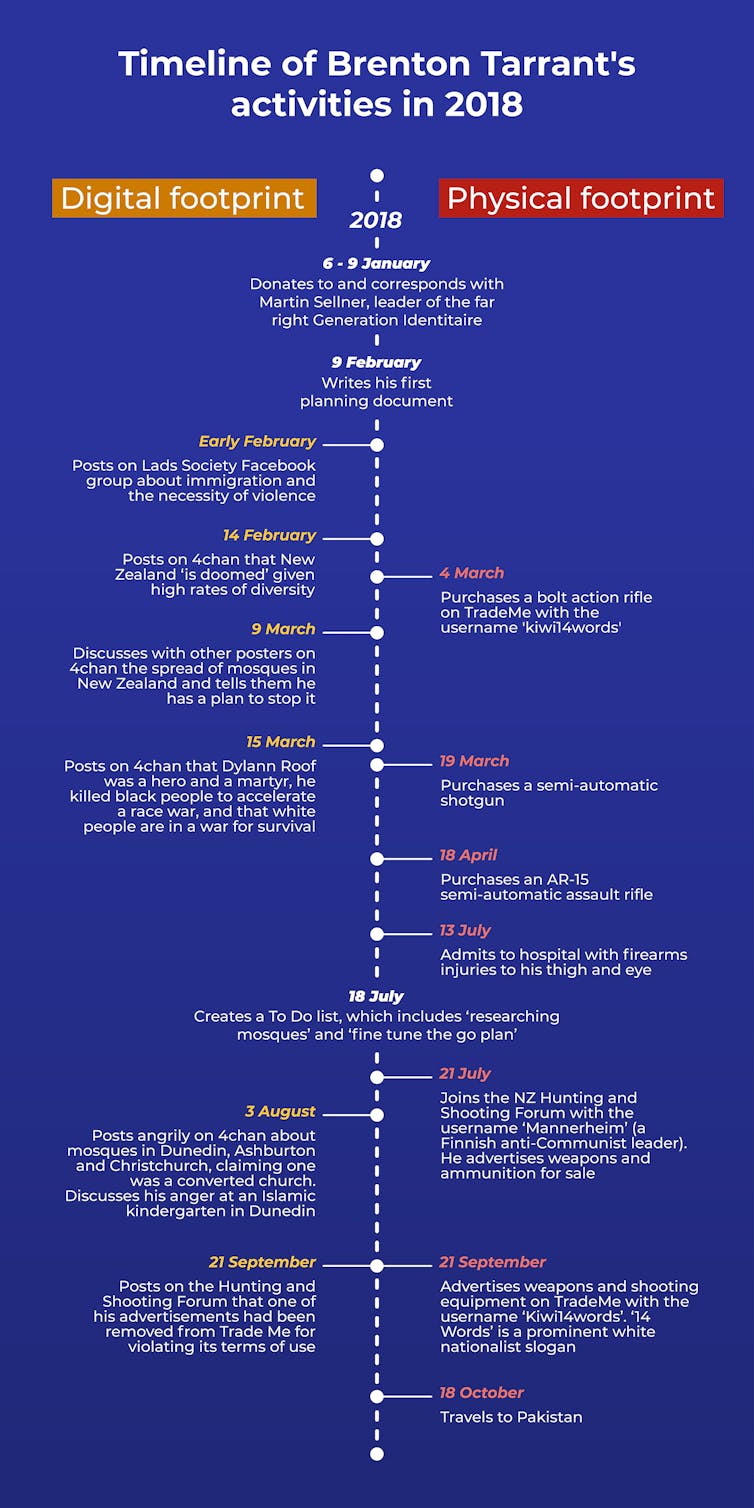



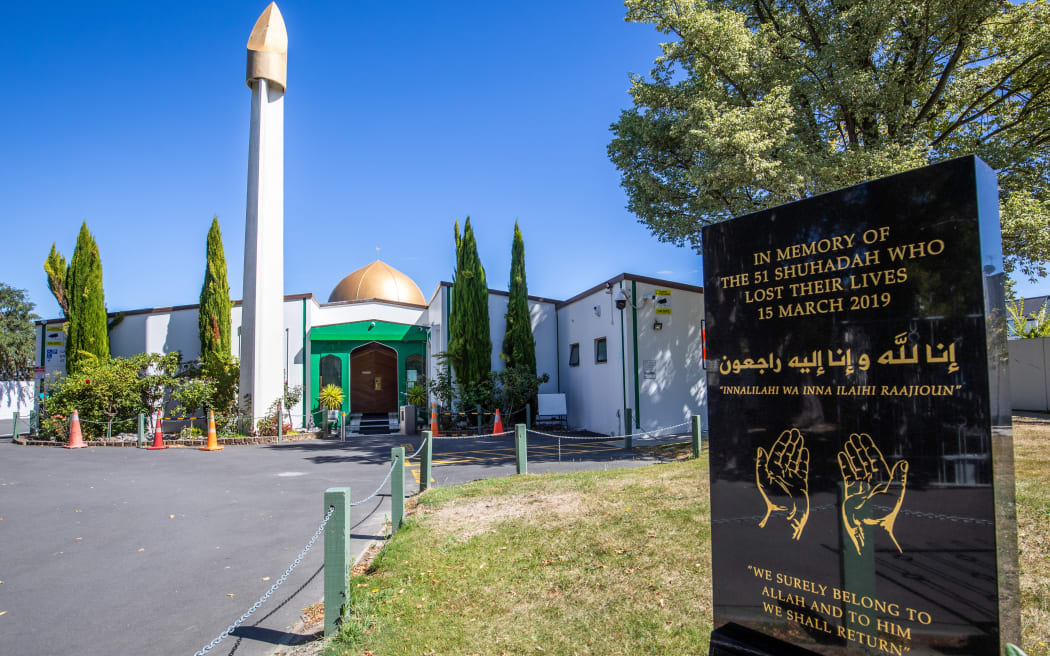
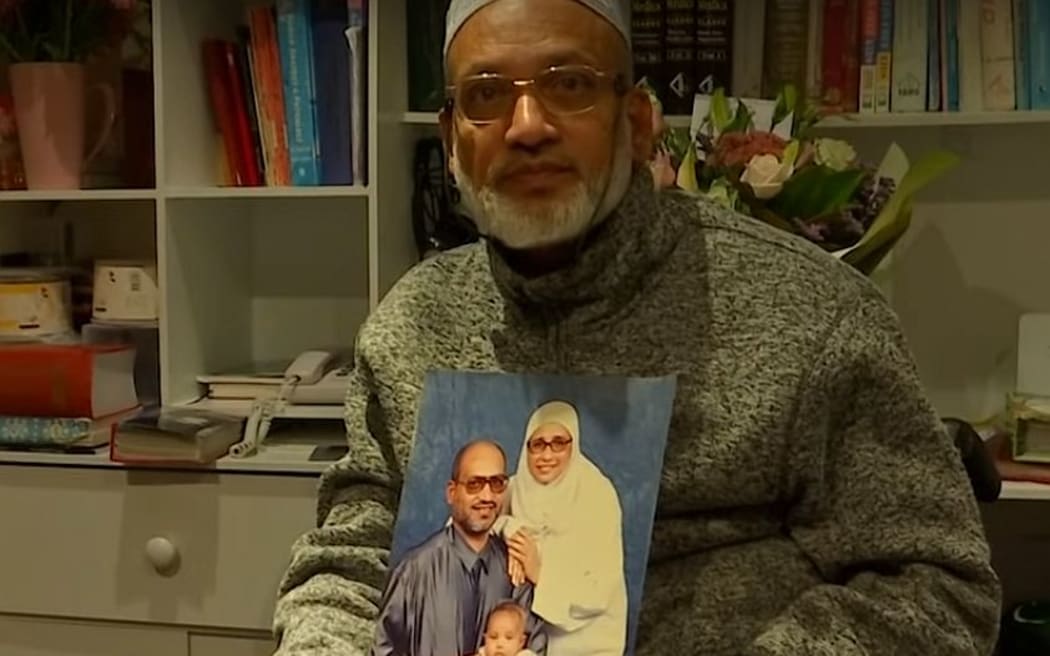
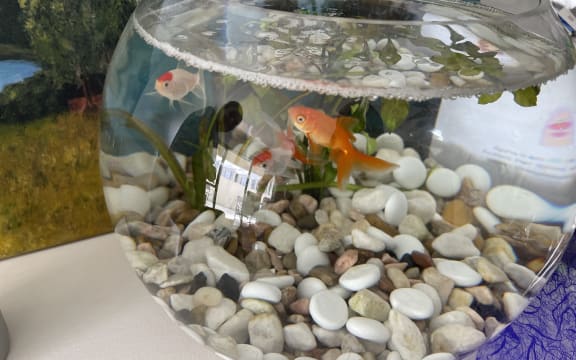

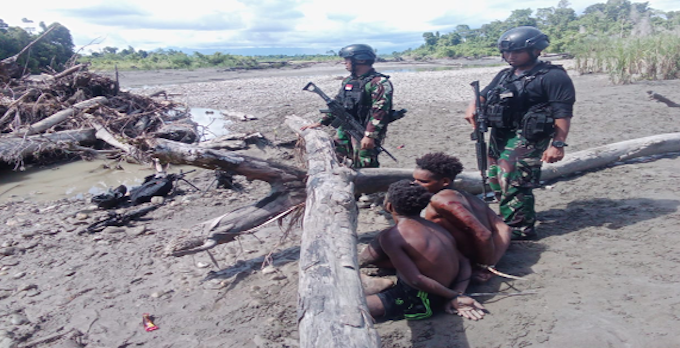
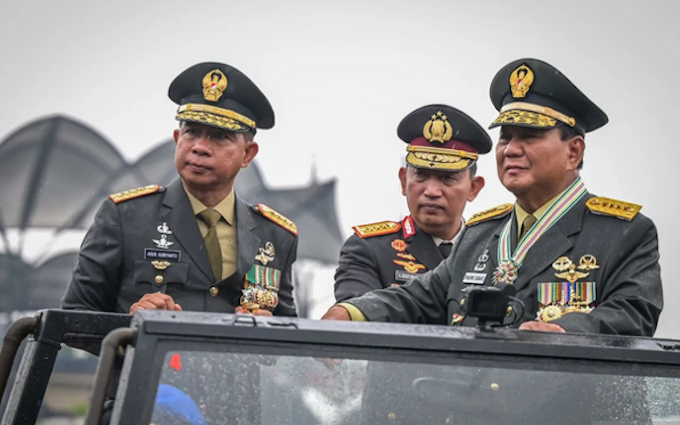

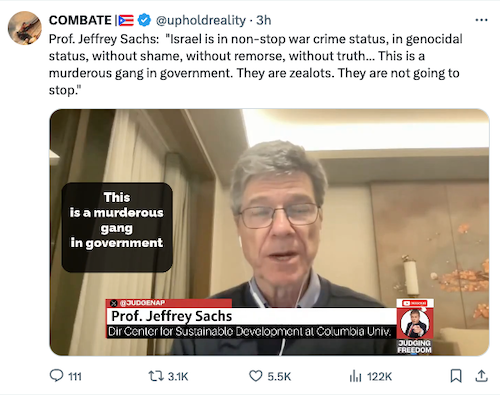
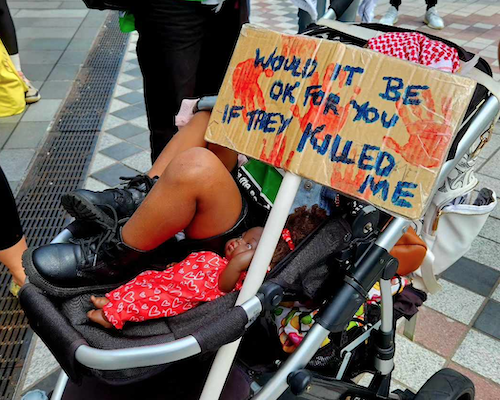


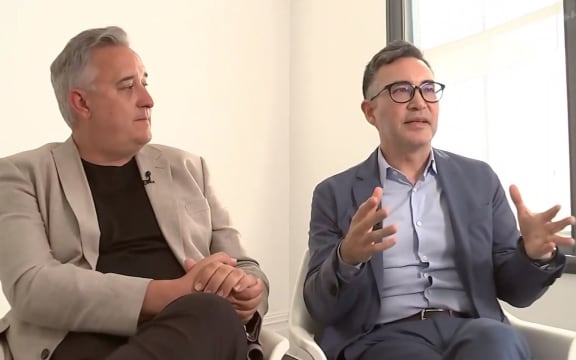
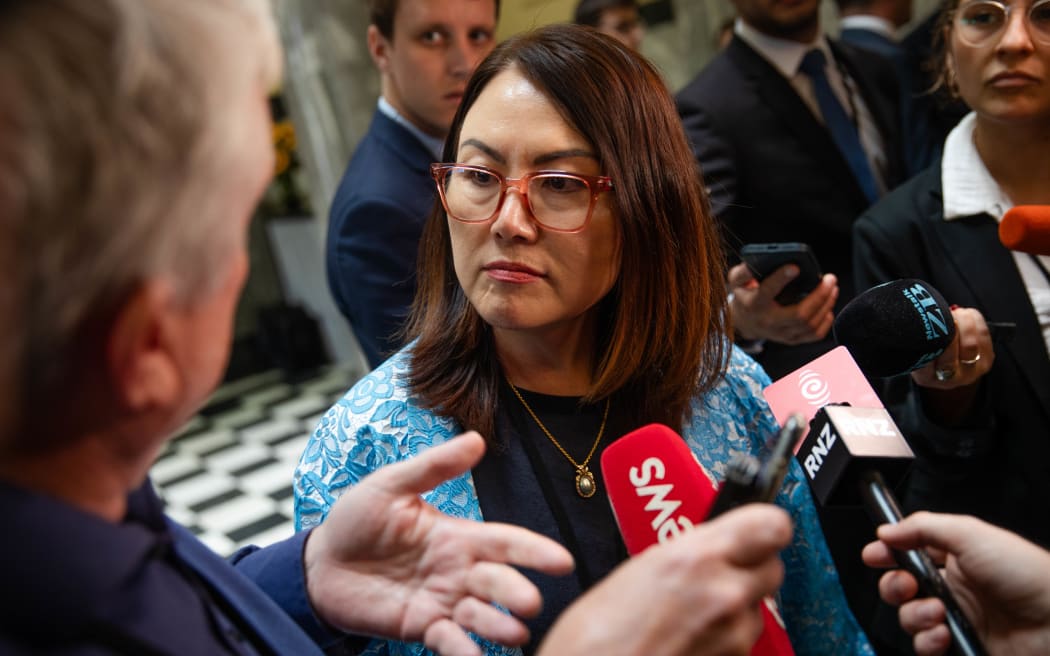
 Follow our LIVE coverage:
Follow our LIVE coverage: 


